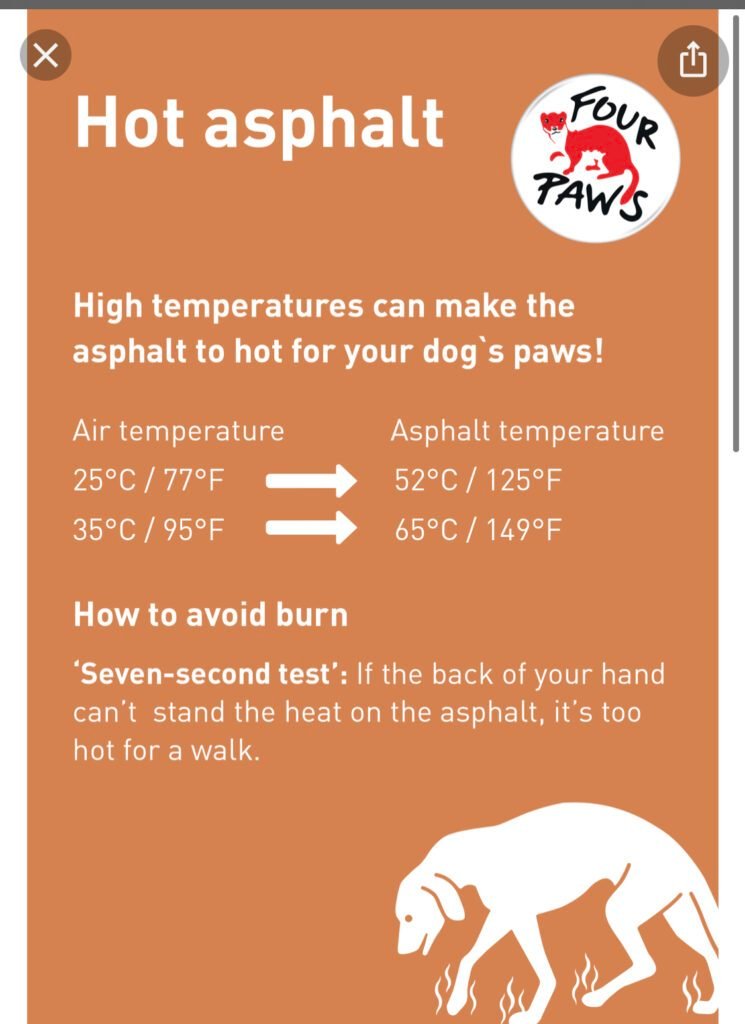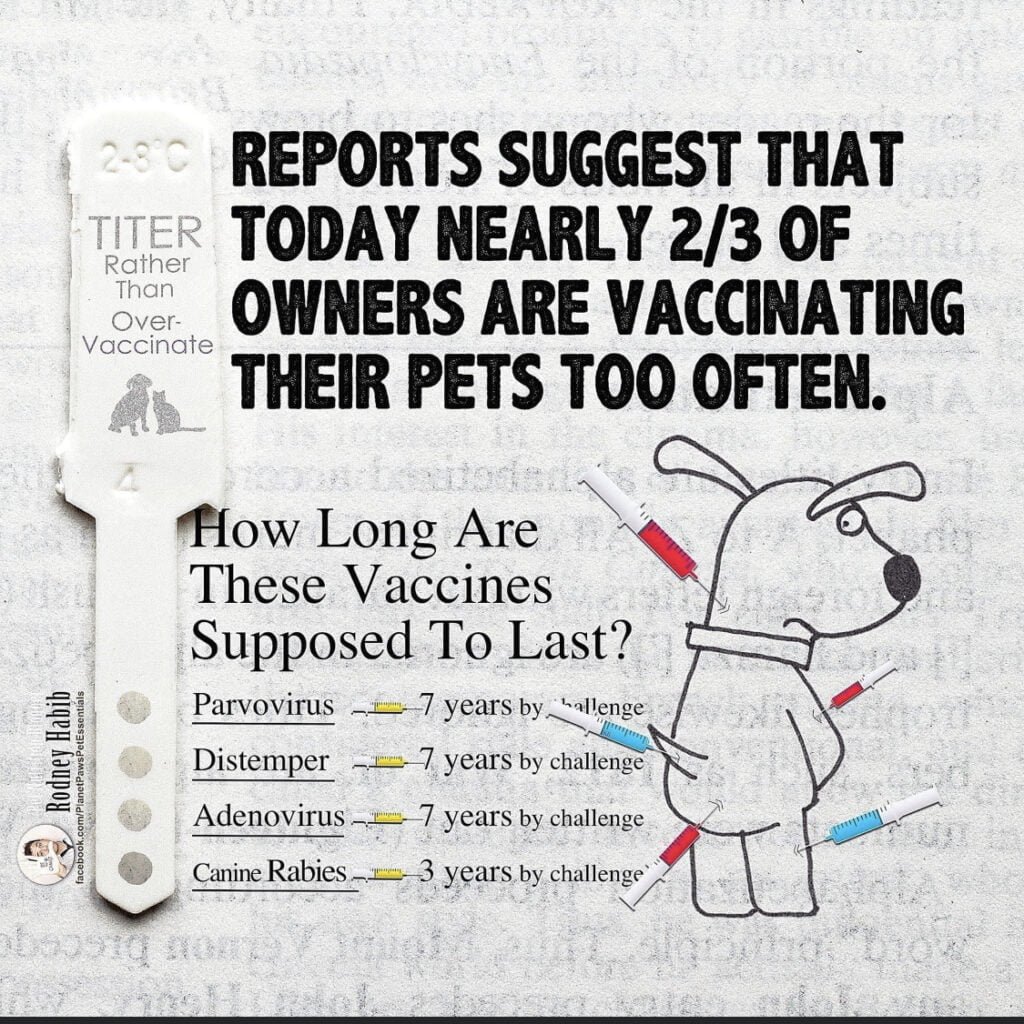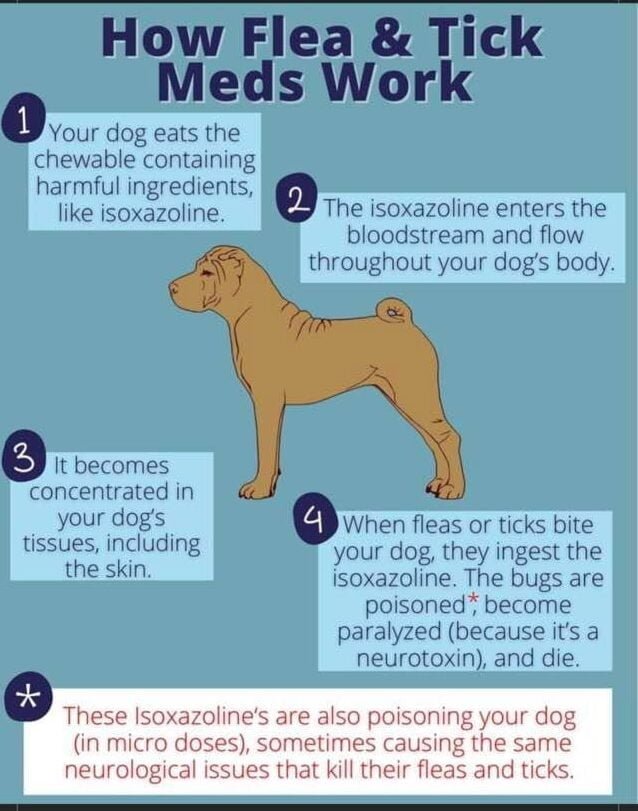Always be in control of your Maltese! – What does this mean?
Keep your Maltese within 3-5 feet from you when in public.
Never use a flexi-lead or retractable leash. This allows your dog to be too far away from you. Predators, other dogs and cars could seriously injure your Maltese.
Water Safety!- Maltese are not water safe. They can swim, yes, but most cannot get out of a pool or pond by themselves, which leads to drowning.
Predators! – Coyotes, Bobcats, Owls, Hawks, Javalena, etc.
Poisons!- frogs, anti-freeze, chocolate, artificial sweeteners, tobacco, pesticides, herbicides, lawn & garden fertilizer, wild animal droppings, rodent bait,


Maltese Vaccinations
Vaccine Safety is equally important. Please follow the vaccine guidelines that I give you at the time of puppy pick up. Over-vaccinating or failure to follow the protocol and recommendations given will void the health guarantee. You puppy will have 2-3 vaccines at time of pick up depending on age.
- Puppy Vaccination series is a series of 3 DA2PP vaccines given approximately 3-4 weeks apart and completed by 4 months of age, depending on the puppy. NO LEPTO (Leptospirosis) is given ever at any time!
- A (DA2PP only) is given one year from the last vaccine given in the puppy series, not one year from the birthdate.
- No vaccines after this unless a titer is done- OR Vaccinate every 3-5 years, stopping by age 10 yr.
- I recommend only giving one Rabies vaccine in a lifetime and not until the puppy is closer to a year old. Some pets will never require a rabies vaccine. Rabies is ONLY transmitted through direct contact with the saliva of a rabid animal (most common is bats, raccoons, skunks or foxes).
If you can find a holistic vet in your area, by all means use them. General Practitioner Vets will push vaccines on your dog every year. I do not recommend following this dangerous protocol.
Please educate yourself when it comes to your Maltese puppy! I highly recommend visiting Dr. Robb’s website! www.protectthepets.com


**This article was taken from the American Maltese Association website.
Vaccinations
Written by:
Vicki Fierheller
Perhaps one of the hottest topics in the dog world right now is the subject of vaccinations or more specifically, over vaccination.
Since vaccines were first introduced, we have always been advised to have our canine friends vaccinated on a yearly basis.
Now numerous studies are showing overwhelmingly that yearly vaccines are not only unnecessary, but may well be detrimental to the dog’s health!!!
It is not our intent to recommend a certain vaccination protocol, as there is still much controversy as to what may be appropriate and everyone has his or her own opinions. Instead, our intent is to get breeders and pet owners to question and investigate their current vaccination schedule.
Many vets continue to insist not only on yearly vaccinations, but also vaccines that may not be even be required. Does a Maltese living in a condo downtown in a large city need to be vaccinated for Lyme disease? Hardly! Should a Maltese that is in contact with a lot of other dogs through boarding, dog shows, grooming shops, etc. have the Bordetella intranasal? Certainly is a good idea!
Everyone seems to agree that the ‘core vaccines’ Distemper and Parvo are important. ‘Noncore vaccines’ such as Lyme, Leptospirosis, Corona, Giardia and Bordetella are considered optional and should not just automatically be given.
Rabies is required by law by pretty well all states and municipalities. Some states will allow the Rabies to be done every 3 years, while others are still in the dinosaur age and require yearly Rabies vaccinations. Check with your officials to see which is required in your area.
There is a major Rabies study underway to prove that Rabies vaccines provide protection for much longer. It is hoped once this study is completed that it is possible that a Rabies booster may NOT be required for 5, 7 years, or maybe never again for the lifetime of that dog. More information can be found at: http://www.rabieschallengefund.org/
So what do the experts all agree on?
Never vaccinate a puppy before 8 weeks of age (unless that puppy never received the mother’s colostrum).
Never give Rabies at the same time as any other vaccine. Rabies should always be given separately.
Also, if a noncore vaccine is to be given, have that given separately from other vaccines as well.
When giving various vaccines be sure to separate the shots by at least two weeks. This gives the body’s immune system to recover in between.
Only vaccinate a healthy animal. This can’t be emphasized enough! NEVER vaccinate a dog/puppy that is sick, stressed, or immune compromised.
Keep vaccinations to a minimum. Give enough to provide the necessary protection without overdoing it.
Only give vaccines that are in sync with the dog’s age, environment and lifestyle.
Some organizations and experts are taking the middle road and suggesting that adult vaccinations be done every 3 years. The AAHA is one such organization.
Other experts suggest titer testing. This is a blood test to check the level of antibodies for a particular disease. Ironically, there is also controversy going on over titer testing right now as to how often it should be done and if it is truly an accurate indicator of the level of protection the dog actually has.
Others even go so far as saying once the puppies have their series and then a booster a year later is done, no more vaccines are ever required. (except Rabies, but that is only by law).
One of the true leading pioneers in the quickly changing vaccine ideology is Dr. Jean Dodds, DVM. She has conducted many seminars all over the country. The following link is an excellent overview of her thoughts: http://www.itsfortheanimals.com/DODDS-CHG-VACC-PROTOCOLS.HTM
Again, it is not our intent to advise any particular vaccine regime, but simply to make Maltese breeders and owners aware of the changing trends on vaccinating and thus allowing them to make an informed decision. Be sure to discuss any changes you want to make with your vet.





